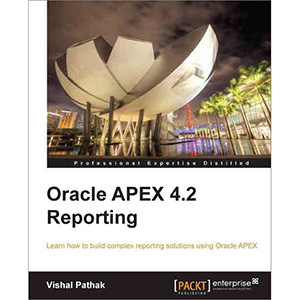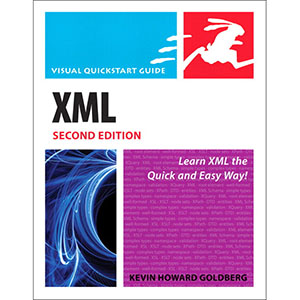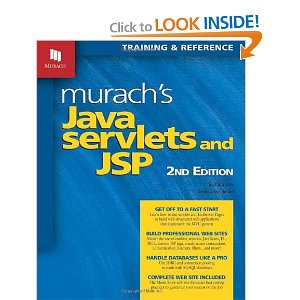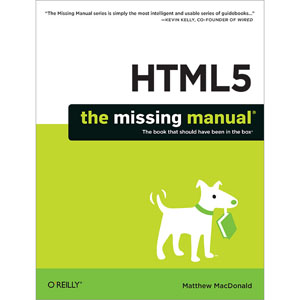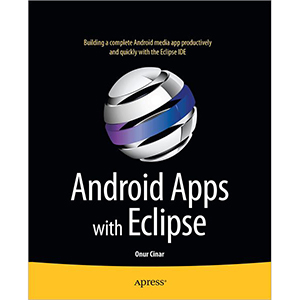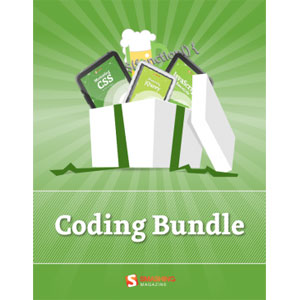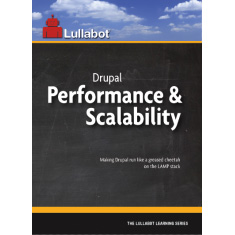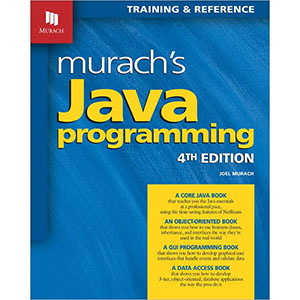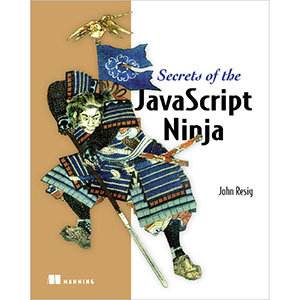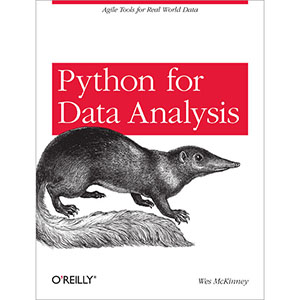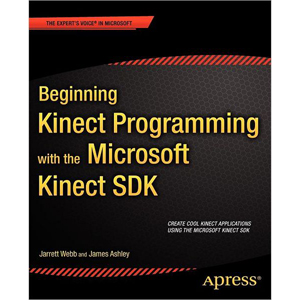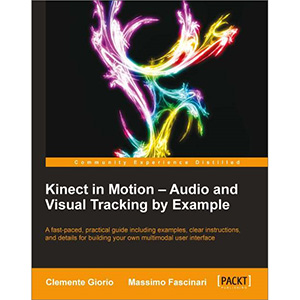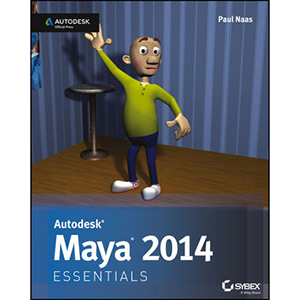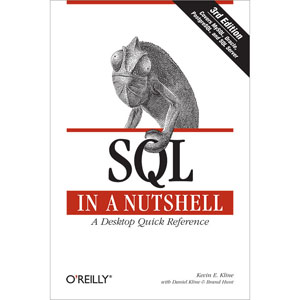GWT in Action, 2nd Edition

GWT in Action, Second Edition is a completely revised edition of the best-selling GWT book. It covers the new features introduced in GWT 2.4 and 2.5, as well as the best development practices that have emerged in the GWT community. It begins with a rapid-fire introduction to GWT and Ajax to get you up to speed with GWT concepts and tools. Then, you’ll explore key concepts like managing events, interacting with the server, creating UI components, building your user interface declaratively using UiBinder … and more.
Google Web Toolkit works on a simple idea. Write your web application in Java, and GWT crosscompiles it into JavaScript. It is open source, supported by Google, and version 2.5 now includes a library of high-quality interface components and productivity tools that make using GWT a snap. The JavaScript it produces is really good.
GWT in Action, Second Edition is a revised edition of the best-selling GWT book. In it, you’ll explore key concepts like managing events, interacting with the server, and creating UI components. As you move through its engaging examples, you’ll absorb the latest thinking in application design and industry-grade best practices, such as implementing MVP, using dependency injection, and code optimization.
Written for Java developers, the book requires no prior knowledge of GWT.
What’s Inside
- Covers GWT 2.4 and up
- Efficient use of large data sets
- Optimizing with client bundles, deferred binding, and code splitting
- Using generators and dependency injection
Table of Contents
Part 1: Basics
Chapter 1. GWT
Chapter 2. Building a GWT application: saying “Hello World!”
Chapter 3. Building a GWT application: enhancing HelloWorld
Part 2: Next steps
Chapter 4. Creating your own widgets
Chapter 5. Using client bundles
Chapter 6. Interface design with UiBinder
Chapter 7. Communicating with GWT-RPC
Chapter 8. Using RequestFactory
Chapter 9. The Editor framework
Chapter 10. Data-presentation (cell) widgets
Chapter 11. Using JSNI—JavaScript Native Interface
Chapter 12. Classic Ajax and HTML forms
Chapter 13. Internationalization, localization, and accessibility
Part 3: Advanced
Chapter 14. Advanced event handling and event busses
Chapter 15. Building MVP-based applications
Chapter 16. Dependency injection
Chapter 17. Deferred binding
Chapter 18. Generators
Chapter 19. Metrics and code splitting
